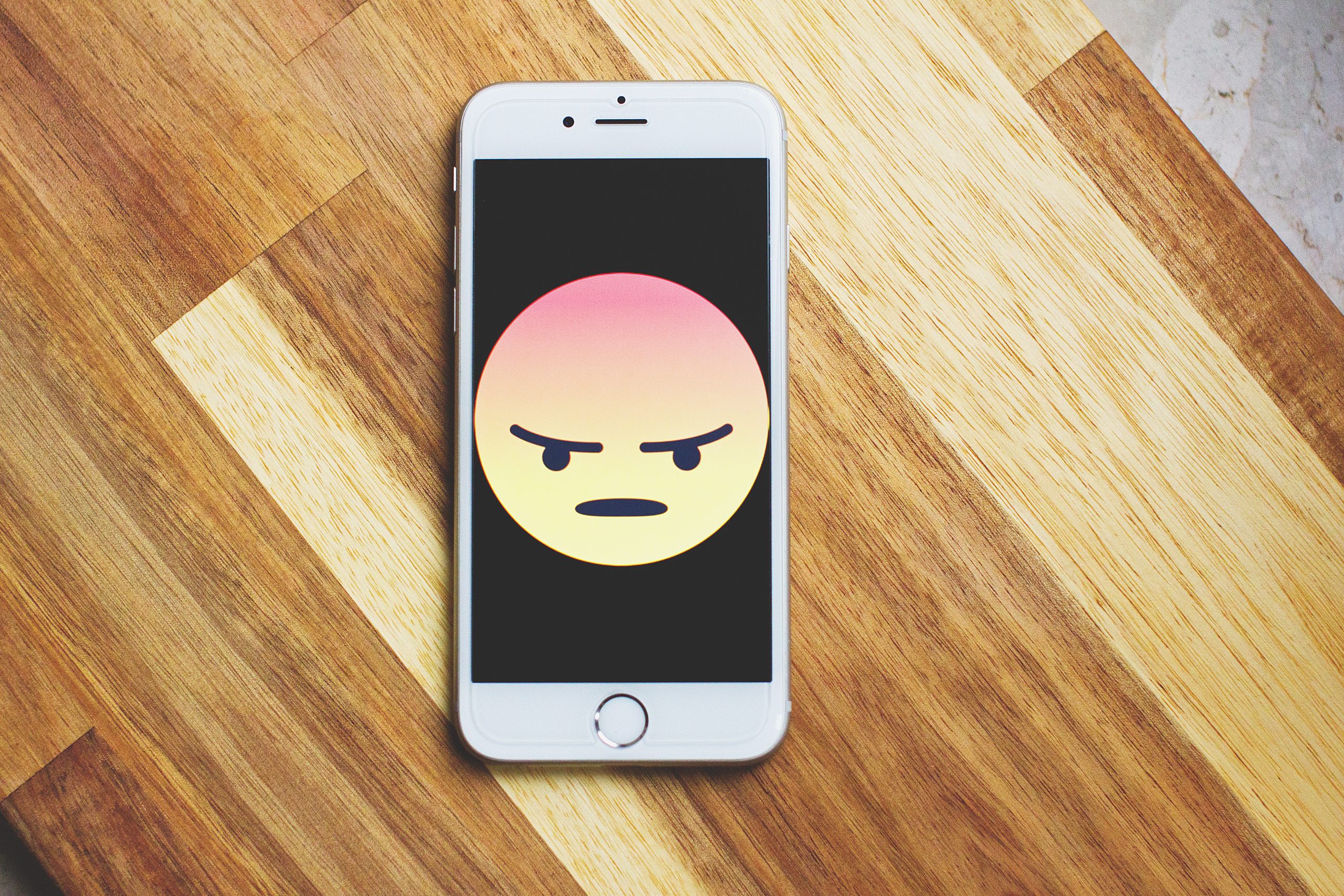Have you all seen it too? It’s everywhere. Was it this way before social media or has it gotten worse? Did these apps give us the platform to just show our anger more? I don’t know what it is but to quote Tim McGraw…..
I don’t know what you gotta be angry all the time.
Tim McGraw
Just this weekend –
The internet was out all over Columbus. People went on twitter and LOST THEIR MINDS! What’s funny is they were still able to get on twitter with their phones…which meant that could still access the internet….One tweet I read literally said
“The 614 deserves better than this!”
Really? Our area code means we deserve “better” than what other area codes get?
Why are we so angry?
Other hot topics this weekend – The Super Bowl, halftime show, Eminem, a variety of players, on and on and on. If those didn’t work, just go to the covid, masks and political debates. Those always get everyone going.
Why are we angry all the time?
What can we do about it?
What would make you less angry?
My internet is working again so I went to google to find a few answers. From MayoClinic.org
1. Think before you speak
In the heat of the moment, it’s easy to say something you’ll later regret. Take a few moments to collect your thoughts before saying anything — and allow others involved in the situation to do the same.
2. Once you’re calm, express your anger
As soon as you’re thinking clearly, express your frustration in an assertive but nonconfrontational way. State your concerns and needs clearly and directly, without hurting others or trying to control them.
3. Get some exercise
Physical activity can help reduce stress that can cause you to become angry. If you feel your anger escalating, go for a brisk walk or run, or spend some time doing other enjoyable physical activities.
4. Take a timeout
Timeouts aren’t just for kids. Give yourself short breaks during times of the day that tend to be stressful. A few moments of quiet time might help you feel better prepared to handle what’s ahead without getting irritated or angry.
5. Identify possible solutions
Instead of focusing on what made you mad, work on resolving the issue at hand. Does your child’s messy room drive you crazy? Close the door. Is your partner late for dinner every night? Schedule meals later in the evening — or agree to eat on your own a few times a week. Remind yourself that anger won’t fix anything and might only make it worse.
6. Stick with ‘I’ statements
To avoid criticizing or placing blame — which might only increase tension — use “I” statements to describe the problem. Be respectful and specific. For example, say, “I’m upset that you left the table without offering to help with the dishes” instead of “You never do any housework.”
7. Don’t hold a grudge
Forgiveness is a powerful tool. If you allow anger and other negative feelings to crowd out positive feelings, you might find yourself swallowed up by your own bitterness or sense of injustice. But if you can forgive someone who angered you, you might both learn from the situation and strengthen your relationship.
8. Use humor to release tension
Lightening up can help diffuse tension. Use humor to help you face what’s making you angry and, possibly, any unrealistic expectations you have for how things should go. Avoid sarcasm, though — it can hurt feelings and make things worse.
9. Practice relaxation skills
When your temper flares, put relaxation skills to work. Practice deep-breathing exercises, imagine a relaxing scene, or repeat a calming word or phrase, such as “Take it easy.” You might also listen to music, write in a journal or do a few yoga poses — whatever it takes to encourage relaxation.
10. Know when to seek help
Learning to control anger is a challenge for everyone at times. Seek help for anger issues if your anger seems out of control, causes you to do things you regret or hurts those around you.
Today let’s all try to be a little less angry all the time.
We’re all in this thing together.

